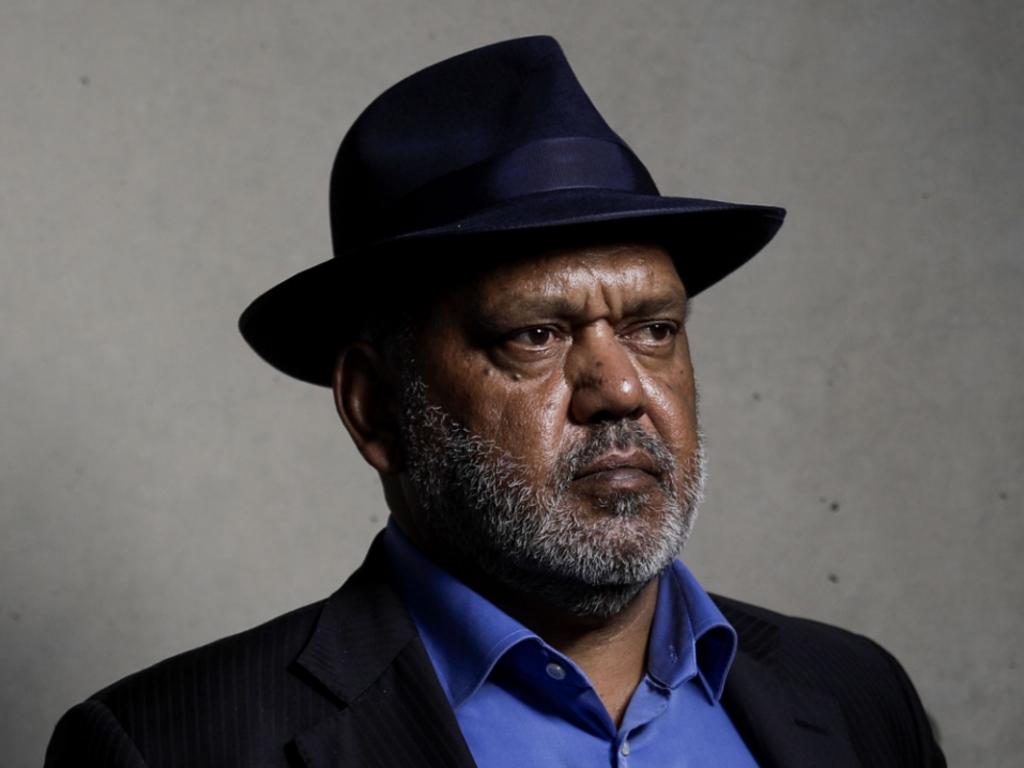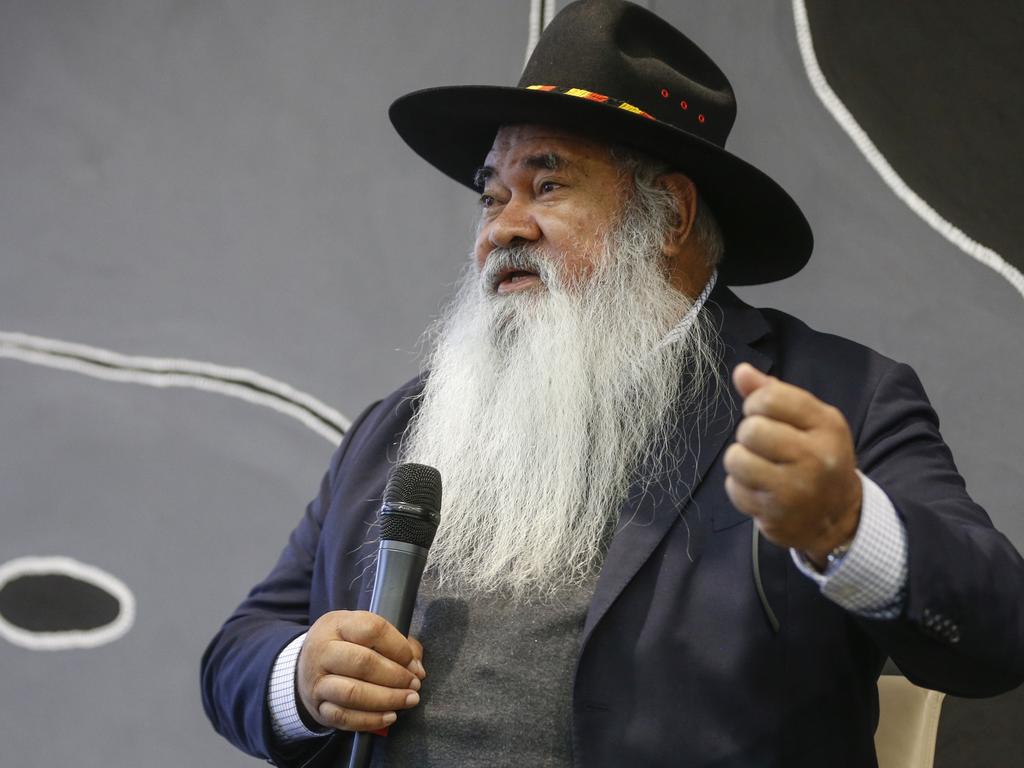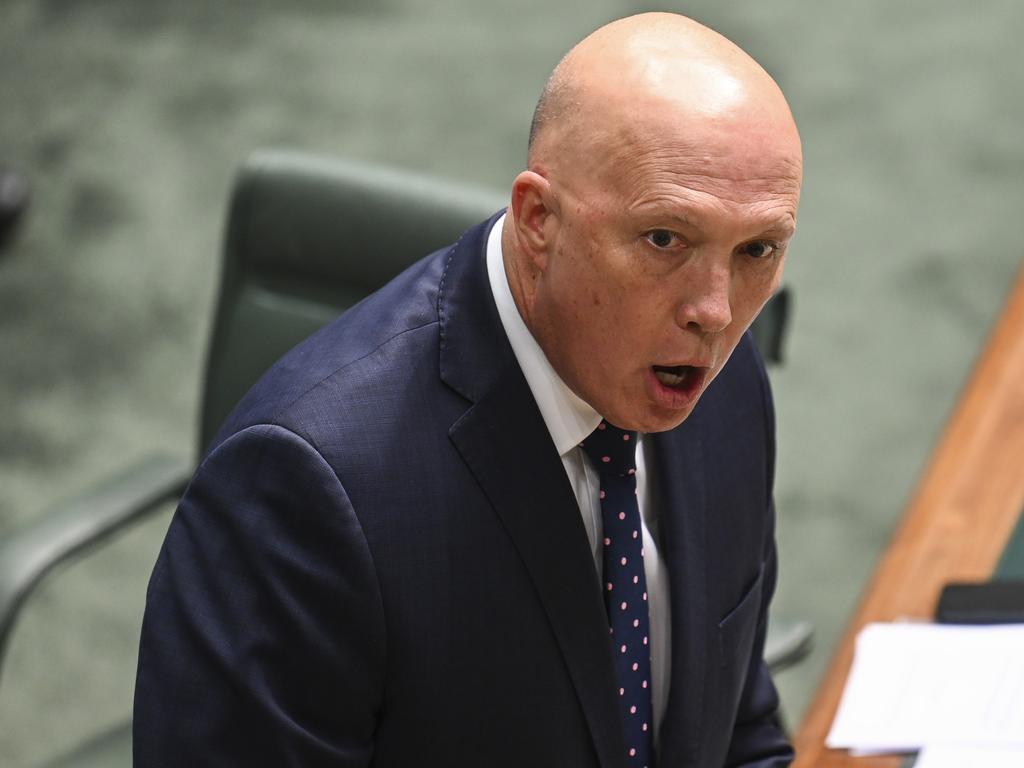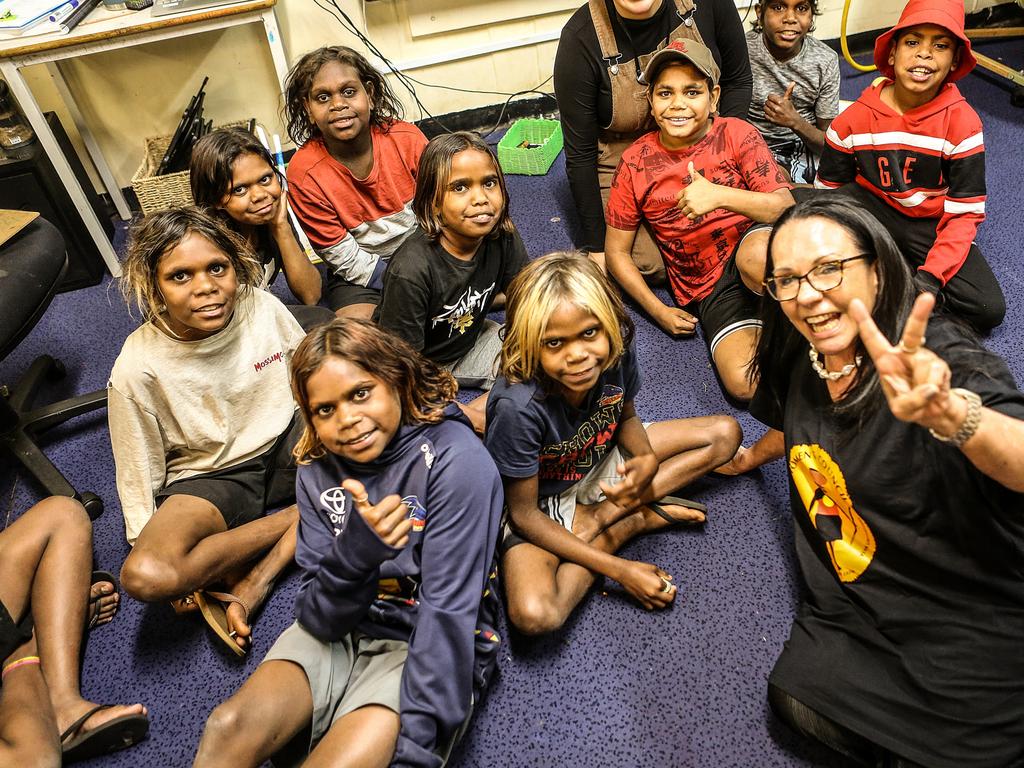Fear of the voice lost in the lack of legal argument


I do not share these fears. I think they are baseless. I begin from two simple and unchallengeable ideas about litigation.
First, it is a necessary and inevitable consequence of our having a federal Constitution that the High Court has the ultimate responsibility for the maintenance and enforcement of the boundaries within which governmental power might be exercised.
Second, anyone can start litigation, including constitutional litigation, so long as their claim is not frivolous or vexatious. But if they do, the questions become: Will they win? And, if they do win, what orders will the court make?
So saying someone may want to start some litigation about what the voice does, does not tell you very much, if anything. Saying someone will or may want to raise some (unidentified) constitutional point about the voice tells you nothing more. All we have is a column of smoke with no substance.
What could be the substance?
The wording the Prime Minister proposed at Garma was very simple. To my mind, that is a very great virtue. It provided that the voice “may make representations to parliament and the executive government on matters relating to Aboriginal and Torres Strait Islander Peoples”.
It seems to me that three things follow. First, insofar as the voice makes representations to parliament, it will be for the parliament to decide what to do in response. The courts have always shown great reluctance to interfere in the internal affairs of parliament. I think litigation about what parliament does or does not do in response to representations would fail.
Second, could there be litigation about whether what the voice said (or proposed to say) was within the constitutional description of the subject for representations? The ambit of the phrase “matters relating to First Peoples” is broad.

If you are asking whether there could be litigation you have to ask who would have standing to bring an action complaining that what the voice said (or proposed to say) was beyond the constitutional description of “matters relating to First Peoples”. Then the litigation we are imagining would encounter a very real and practical forensic question: Why would a court conclude that the voice would want to make representations about matters that did not relate to First Peoples?
Finding a plaintiff with standing is one hurdle in litigation. But there is another question to ask. What order would this plaintiff ask a court to make? Perhaps the plaintiff might ask for an injunction stopping the voice from saying what it intended to say. But what would that achieve? And I cannot see any other kind of relief being available. So what would be the point of the litigation?
Either a constitutional boundary is crossed or it is not. As you see, I very much doubt there will be a case where the boundary is crossed. But if it is, why should we fear the court doing its job of deciding cases according to law? Why is the High Court doing its job reason enough to vote no? It is not.
If the voice makes a representation to the executive, I suppose someone may say that the executive did not consider what was said. Again, finding a plaintiff with standing to make that submission may be difficult. But get past that hurdle; if that person could show the executive had ignored what was said, the resulting decision could be undone only if the decision-maker was bound to have regard to what was said. And whether a decision-maker would be bound to take it into account would be a matter for debate. Assume, however, that the decision-maker were bound to consider what was said, isn’t that the very point of the voice – to give First Peoples a voice in matters relating to First Peoples? And the most that could happen is that the decision-maker would be told to remake the decision. And in remaking the decision, what the voice said would be one matter to take into account. It would not dictate the outcome.
So I do not see future litigation derailing operation of the voice.
Can I then come to a rather different issue. It has been suggested (recently) that the provisions the Prime Minister proposed at Garma could be interpreted as limiting the powers of parliament to make laws (or the powers of the executive government) by requiring parliament (or the executive) to seek representations from the voice about any issue or proposal before enacting a law or taking some executive act. If representations are not sought, the consequence is said to be that the statute passed by parliament (or action taken by the executive) would be invalid and there would be serious disruption to the workings of government.
The proposed provisions cannot be interpreted as having this effect. And when I say “cannot”, I mean the suggested interpretation is simply not open. It is not what the words “may make representations” say. It is not what those words mean.
The proposed amendment says nothing at all about the existing powers of the parliament or the executive. (The third clause provides for the parliament to make laws about the composition, functions, powers and procedures of the voice. But neither expressly nor impliedly does that clause, or any other element of the proposed amendment, qualify, amend or detract from the lawmaking or other powers of the parliament or executive.)
Nor do I accept that the proposed provisions can be read as implying the powers of the parliament to make a law or the powers of the executive to execute laws of the commonwealth (or take other executive action) are limited by the provisions made about the voice, let alone limited in a way that would invalidate any law passed by the parliament or any act done by the executive unless the parliament or the executive had sought representations from the voice about that law or that action.
The disruptive consequences it is said we should fear from the supposed implication are eloquent proof of the falsity of the argument. They prove the argument is false because they show the suggested implication has no foundation in the text of the proposed amendment.
So what exactly is this fear that is raised when it is said “Oh, the courts will get into this space”? I think the more you look, the less there is to see. The fear is baseless.
This is an edited extract of a speech by former High Court justice Kenneth Hayne delivered at a panel discussion hosted by law firm Arnold Bloch Leibler in Melbourne on Friday.







It has been suggested that if the proposed constitutional amendment on the voice is made, litigation will derail the intended effect of the amendment or may derail the ordinary workings of parliament and the executive.